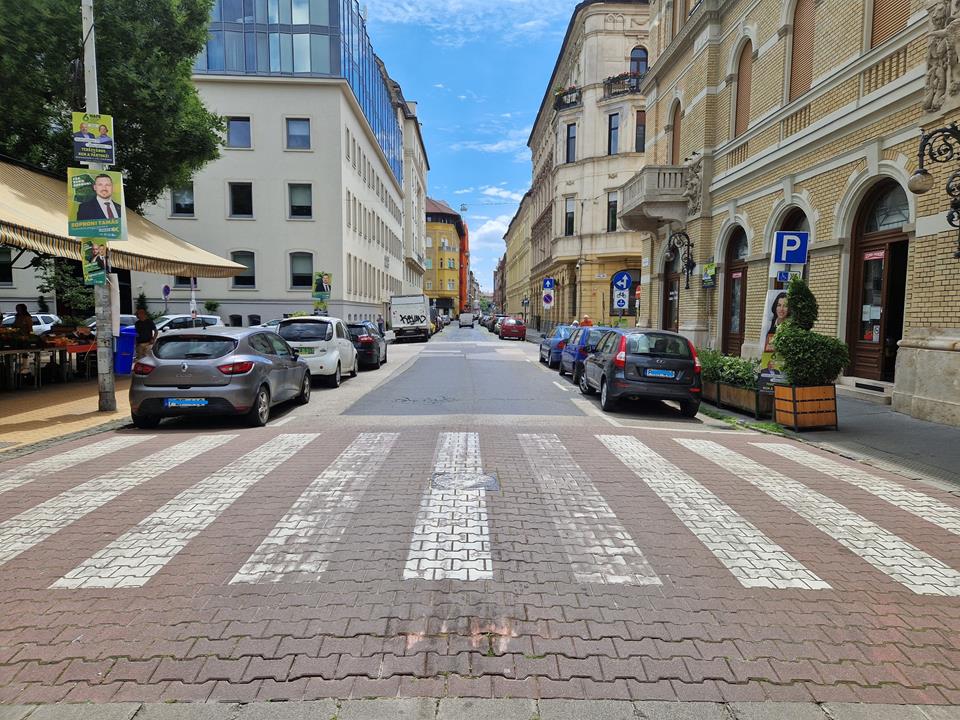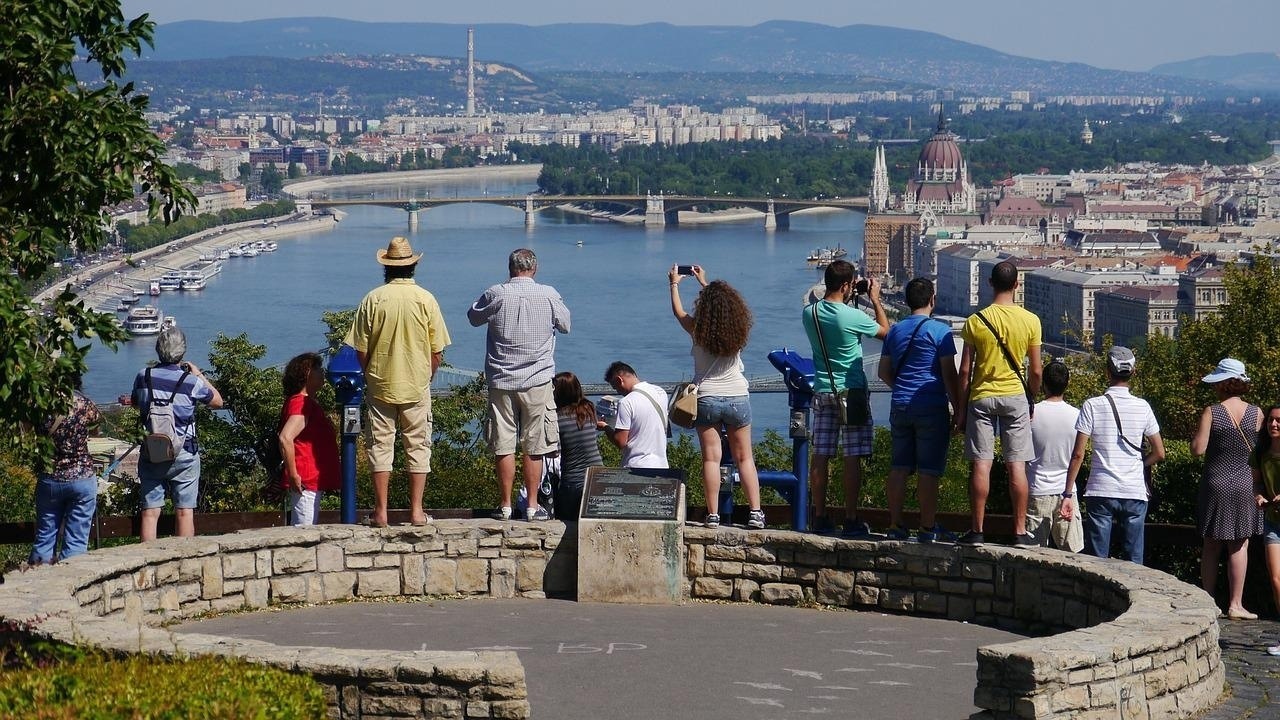Upcoming vote could jeopardise Airbnb’s future in Budapest

In September, Terézváros, Budapest’s sixth district, will hold a ballot to decide on a potential ban on Airbnb operations within the district. The municipality has already distributed leaflets to residents outlining the pros and cons of this proposed ban.
As we previously reported, tourism experts have recently been discussing a significant overhaul of Airbnb regulations in Hungary. According to Portfolio, these potential changes could have a substantial impact on the tourism sector, affecting approximately 14,000 to 16,000 properties in Budapest and 30,000 to 35,000 nationwide. Reports suggest that new restrictions might limit the operation of private accommodations to 150-180 days per year. This proposed policy aligns with regulations in many European countries, where it is believed that tourists would opt for hotels over private rentals.
Organisations rally to protect Airbnb amid concerns

The Hungarian Apartment Renters Association and the Association of Responsible Accommodation Providers have issued a joint statement on the matter. In September 2024, Terézváros residents will vote in a public opinion poll, which the associations describe as a disguised referendum, to decide on a complete ban on Airbnb in their district, Turizmus reports. Although accommodation providers and tourism-related entrepreneurs in the district cannot vote, a negative outcome could severely impact their livelihoods. In response, these accommodation providers launched a campaign titled “Let Terézváros Live!” on 22 August 2024, with 80 activists supporting the cause.
According to the Hungarian Apartment Renters Association and the Association of Responsible Accommodation Providers, banning Airbnb could lead to further issues. They argue that residents ‘who do not fit’ into apartment buildings could create long-term problems, such as fewer parking spaces and limited availability of nursery and kindergarten places.

The “Let Terézváros Live!” campaign was initiated because the affected accommodation providers, along with local tourism workers, are not eligible to vote. Balázs Schumicky, President of both associations, pointed out that banning Airbnb might not resolve issues with non-compliant tourists in apartment buildings. He also noted that international examples do not support the notion that Airbnbs are responsible for rising rental prices. Furthermore, there is no housing crisis in the 6th district; in fact, there are 10,000 more flats available for residents now compared to 11 years ago, due to new constructions and people moving out
The organisers of the campaign aim to highlight the severe consequences of a complete ban on private and other accommodations. They hope to encourage more residents to vote against the ban.
This potential policy of banning Airbnb reflects those in many European countries, where it is believed that without private accommodations, tourists would prefer hotels. However, the two groups of visitors—those who choose private accommodations and those who stay in hotels—are generally distinct, with little overlap. Consequently, restricting private accommodations might lead foreign tourists to choose other destinations over Budapest if sufficient accommodations are unavailable.
Read also:
- Budapest district mayor shares further details about possible Airbnb ban from September
- Tourists vs cities: Next clash in Budapest – mayor, government-close tourism board against Airbnb








It would great to limit the tourism. The city is becoming an amusement park for tourist where Hungarians dont have a place.
However, the enforcement is going to be key. I know several buildings that banned temporal tourist rentals, but some neighbors keep on renting their flat in AirBnb because the police don’t care when neighbors report the situation